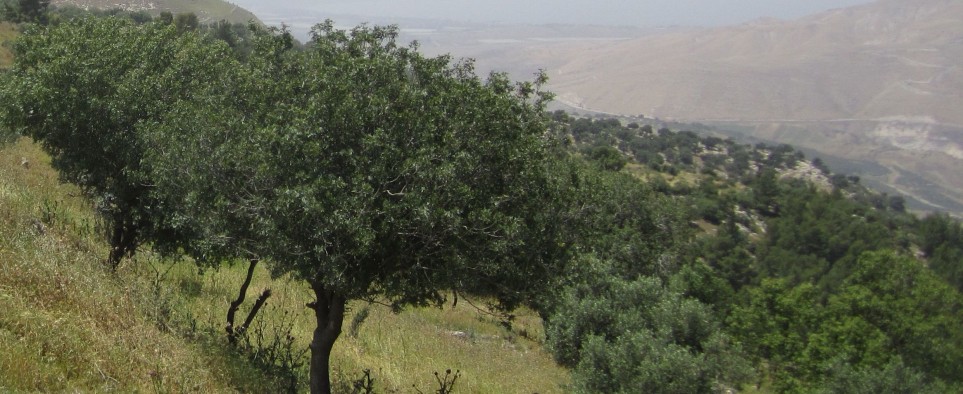Last week Human Rights Watch published its 25th annual World Report, including a full chapter on Jordan. It tackled a range of civil and political rights violations but made no mention of Jordan’s most longstanding and systematic risk to human rights: water scarcity. The Middle East saw enough human rights violations in 2014 to fill a whole report on its own. As refugees have sought safe-haven from violent conflicts, many have fled to Jordan, where, HRW points out, they face a range of treatment, from forced detention, to denial of entry, to denial of refugee status. To hear Jordanians and authorities tell it, inhospitality is really incapacity: Jordan just doesn’t have enough water for the million-plus refugees that have poured through its borders.
Jordan is the fourth water-poorest country in the world, with aquifers being drained at an average rate of over 1 meter per year. Among registered Syrian refugees living outside of camps, one third receive water less than once per week. A survey of 40,000 refugee households published this month found that two out of every five households lacked toilet facilities or a shower.
Meanwhile, camps guarantee access to latrines and a minimum of 20 liters of water per day, actually putting refugees at higher water access levels than average Jordanians. Not surprisingly, this has caused resentment, and water conflicts have been reported in the northern regions where Syrian refugees are concentrated. The government has declared the capacity and quality of certain aquifers “state secrets,” making it impossible for Jordan’s already beleaguered journalists to report accurately on the country’s water crisis.
This may have contributed to the water sector’s latest boondoggle, a $1.1 billion project, funded primarily by US and European investment banks, which has recently been found to have only a fraction of the water reserves anticipated, and radiation levels that far exceed WHO standards.
Yet Jordan continues to use 60-80% of its water reserves for agriculture, which contributes 3% to GDP and primarily produces crops for export. Wealthy farmers sell oranges to Europe for profit, while Jordanian citizens and refugee populations scrape to find drinking water. Is the Right to Water being denied to civilians out of lack of water, or lack of will to reallocate resources?


